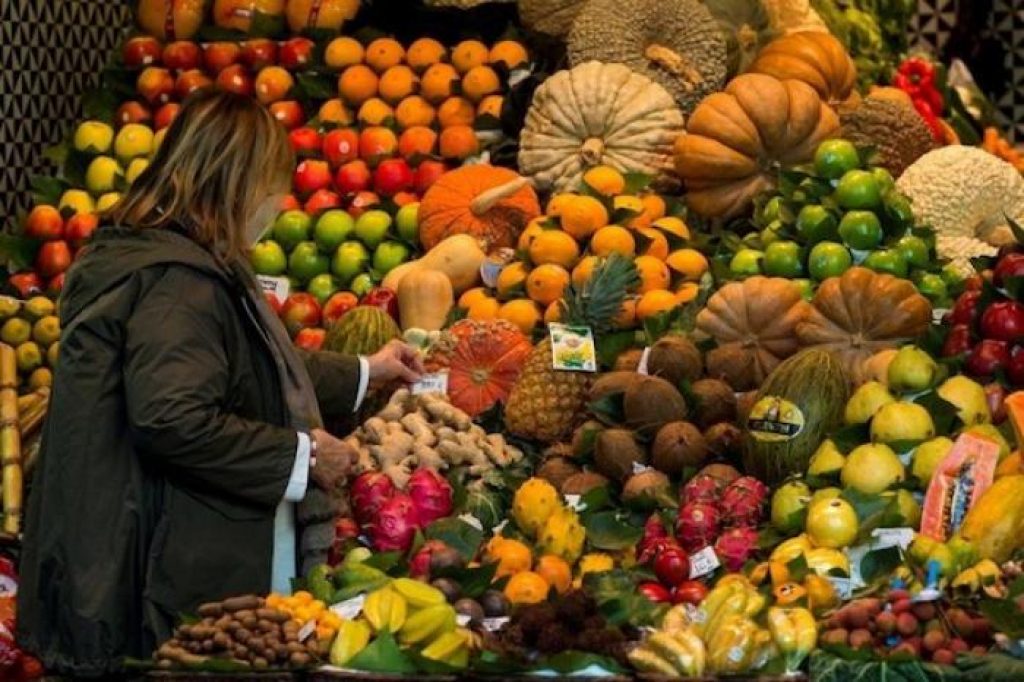A diet rich in vegetables has undoubted health benefits, but a new study released Monday indicates that it does not reduce the risk of cardiovascular disease.
Researchers from the universities of Oxford and Bristol (United Kingdom) and the University of Hong Kong (China) found no evidence that eating vegetables is effective in preventing this type of ailment and considered that previous studies pointing in this direction had not had taking into account socioeconomic and lifestyle factors.
The new study, published today in the journal “Frontiers in Nutrition”, shows that higher consumption of vegetables, cooked or raw, is “unlikely” to have an impact on the risk of developing cardiovascular disease (CVD).
The researchers drew their analysis from data stored in the large-scale UK Biobank study, which tracks the health of half a million adults in the UK who voluntarily signed up for the program between 2006 and 2010 and who are regularly asked about their diet, lifestyle, and medical history.
“The UK Biobank is a large-scale prospective study of how genetics and environment contribute to the development of the most common and deadly diseases, ” Naomi Allen, chief scientist for the program and co-author of the study, said in a statement.
“We used the Biobank’s large, long-term follow-up and detailed information on social and lifestyle factors to assess the association between vegetable intake and CVD risk,” he added.
For this research, the experts used the responses of 399,586 participants – of whom 4.5% developed CVD – about their vegetable consumption and related them to other possible influencing factors, such as physical exercise and socioeconomic status.
They found that the risk of dying from CVD was 15% lower among those with the highest intake of vegetables than in the segment with the lowest intake.
However, the note points out, “this apparent effect was substantially weakened when other possible socioeconomic, nutritional and medical factors were taken into account.”
Introducing those factors reduced the predictive power of vegetable intake by 80%, pointing to its importance in the overall analysis.
“Our study found no evidence of a protective effect of vegetable consumption against CVD. Instead, our analyzes show that the apparent protective effect of vegetables is most likely biased, not taking into account other factors, ” said Qi Feng, an Oxford researcher and lead author of the study.
